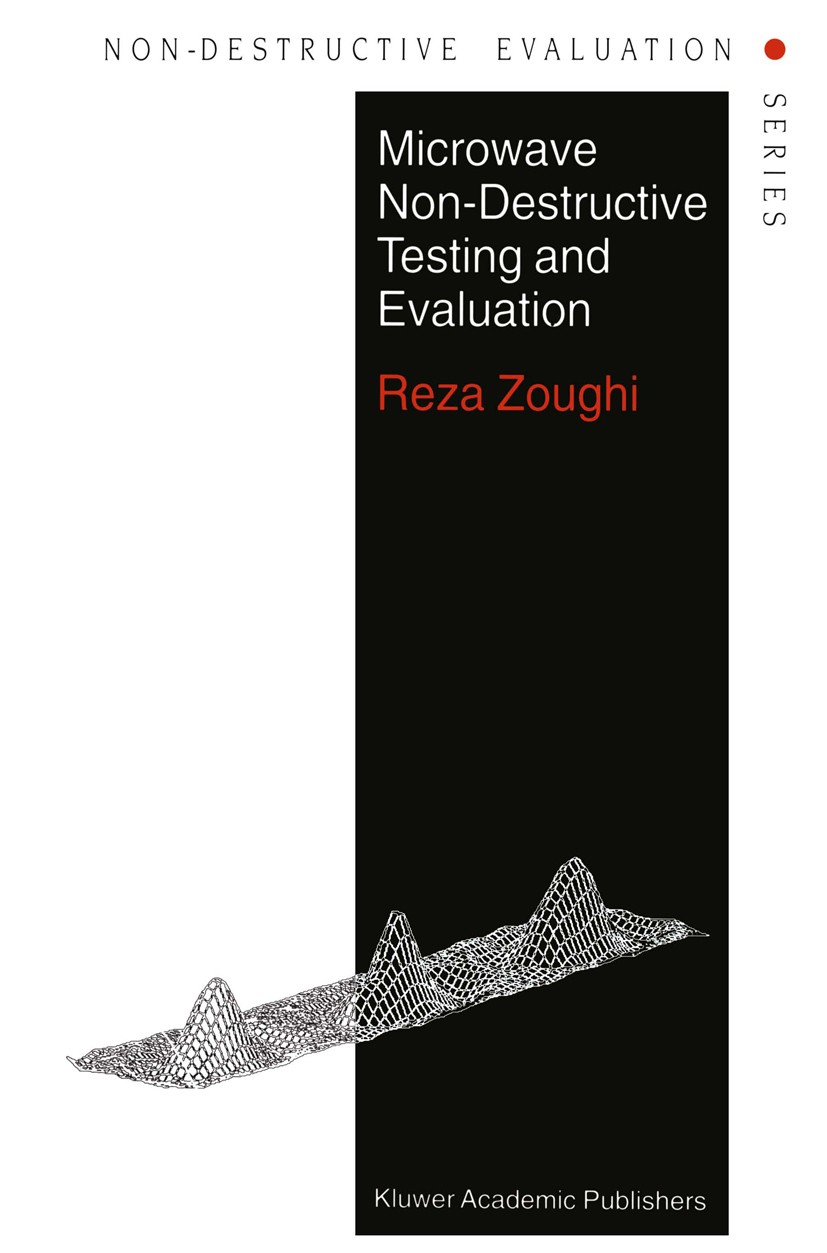| 書(shū)目名稱(chēng) | Microwave Non-Destructive Testing and Evaluation Principles | | 編輯 | Reza Zoughi | | 視頻video | http://file.papertrans.cn/634/633586/633586.mp4 | | 叢書(shū)名稱(chēng) | Non-Destructive Evaluation Series | | 圖書(shū)封面 |  | | 描述 | Microwave and millimeter-wave non-destructive testing and evaluation (NDT&E) is generally understood to mean using high-frequency electromagnetic energy to inspect and characterize materials and structures. In spite of possessing some distinct advantages in certain applications to other NDT&E techniques, microwave NDT&E has only found compared limited practical application during the past 45 years. These advantages include lack of a need for contact between the sensor and the object being inspected, the ability to penetrate dielectric materials, and superior sensitivity to certain material constituents and flaws. One factor contributing to this minimal acceptance by the NDT &E community has been a generally poor understanding in this community of the theory and practice that underlie the technology. This situation exists partly because of a paucity of microwave NDT&E textbook and reference material. Some chapters, reviews, and books aimed at filling this need have been published in the past but, for the most part, this material is based on the use of older microwave technology. However, during the past ten years great strides have been made in ternlS of the cost, size, and ease of | | 出版日期 | Book 2000 | | 關(guān)鍵詞 | Transmission; composite; microwave; non-destructive testing; polarization | | 版次 | 1 | | doi | https://doi.org/10.1007/978-94-015-1303-6 | | isbn_softcover | 978-90-481-4015-2 | | isbn_ebook | 978-94-015-1303-6Series ISSN 1567-7990 | | issn_series | 1567-7990 | | copyright | Springer Science+Business Media B.V. 2000 |
The information of publication is updating

|
|
 |Archiver|手機(jī)版|小黑屋|
派博傳思國(guó)際
( 京公網(wǎng)安備110108008328)
GMT+8, 2025-10-15 12:27
|Archiver|手機(jī)版|小黑屋|
派博傳思國(guó)際
( 京公網(wǎng)安備110108008328)
GMT+8, 2025-10-15 12:27


